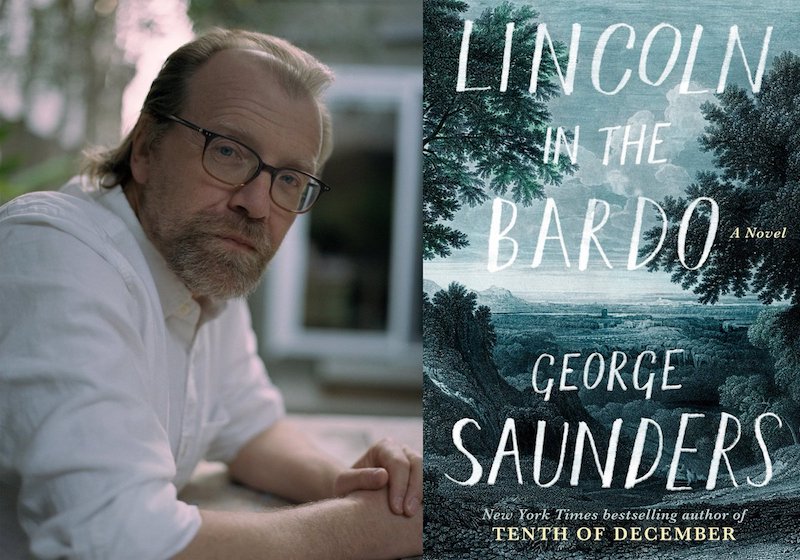

“…a luminous feat of generosity and humanism … The souls crowd around this uncanny child. As the cast grows, so does our perspective; the novel’s concerns expand, and we see this human business as an angel does, looking down. In the midst of the Civil War, saying farewell to one son foreshadows all those impending farewells to sons, the hundreds of thousands of those who will fall in the battlefields. The stakes grow, from our heavenly vantage, for we are talking about not just the ghostly residents of a few acres, but the citizens of a nation — in the graveyard’s slaves and slavers, drunkards and priests, soldiers of doomed regiments, suicides and virgins, are assembled a country. The wretched and the brave, and such is Saunders’s magnificent portraiture that readers will recognize in this wretchedness and bravery aspects of their own characters as well. He has gathered ‘sweet fools’ here, and we are counted among their number … The narrator is a curator, arranging disparate sources to assemble a linear story. It may take a few pages to get your footing, depending. The more limber won’t be bothered. We’ve had plenty of otherworldly choruses before, from Grover’s Corners to Spoon River, and with so many walking dead in the pop culture nowadays, why not a corresponding increase in the talking dead? Are the nonfiction excerpts — from presidential historians, Lincoln biographers, Civil War chroniclers — real or fake? Who cares? Keep going, read the novel, Google later … the war here is a crucible for a heroic American identity: fearful but unflagging; hopeful even in tragedy; staggering, however tentatively, toward a better world … events sometimes conspire to make a work of art, like a novel set in the past, supremely timely. In describing Lincoln’s call to action, Saunders provides an appeal for his limbo denizens — for citizens everywhere — to step up and join the cause.”
–Colson Whitehead, The New York Times Book Review, February 9, 2017


